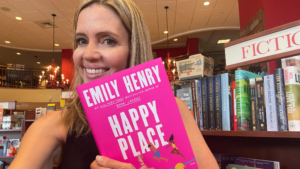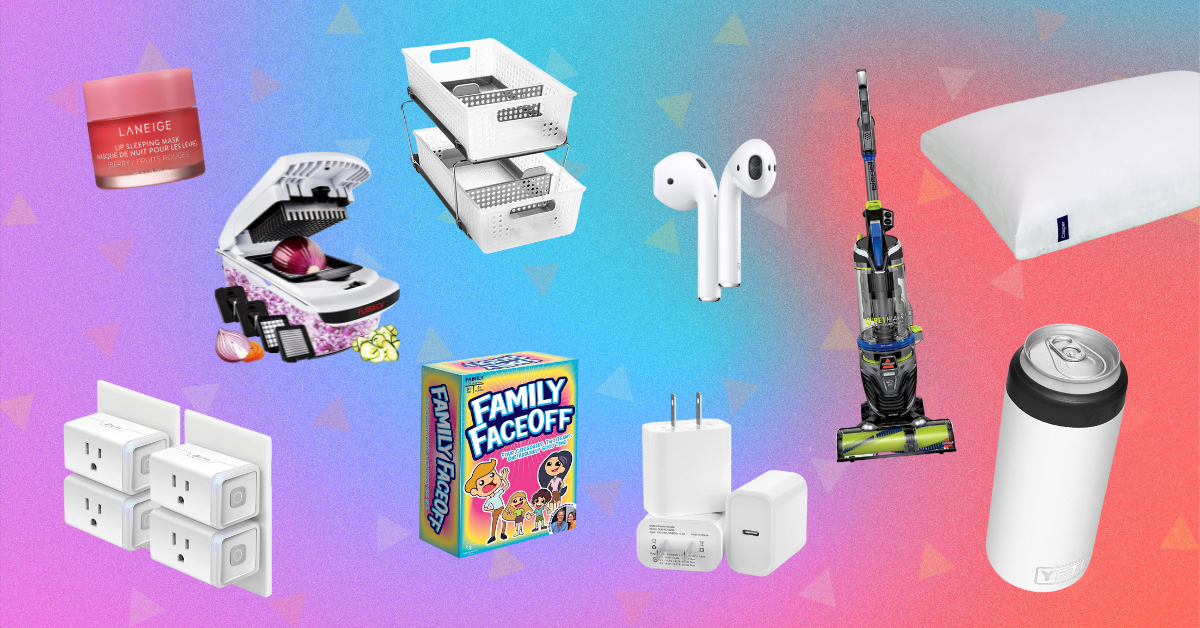I love an assignment. I did well in school because I thrive when you tell me EXACTLY what’s expected, when things are due, and how to succeed. I think one of the hardest things about adulting is deciding what’s important, where to put my energy, and evaluating what “success” even means. Even harder was learning how to navigate relationships with no real rulebook.
When we were first married, we didn’t have the mental health language we’re all equipped with now. So in times when his ADHD was flaring or my anxiety was peaking, we struggled. I lost my cool the third time I found his keys in the freezer. He didn’t understand why I needed to stay home on a Friday night to recharge.
Where were the instructions? Where was the syllabus? I was a straight A student, my overachieving heart didn’t understand why it felt like I was failing my marriage.
Learning To Navigate
Because I’m a student at heart, we went to counseling. We both wanted to learn how to navigate this space around each other that we didn’t entirely understand. Counseling only works if the participants are invested in making it work.
I wish we had known how to partner each other’s own mental health issues from the very start, and I wish I could say we do it perfectly now, but now at least we’re aware of the pitfalls.
1. Ask for what you need:
Our relationship works because we’ve had to become self-aware and we vocalize what we need. There was a phrase we used a lot in our book and we keep threatening to get embroidered on a pillow: Mature People Ask For What They Want.
I will tell him, “Hey, I’m having a high anxiety day. Can you help cover that conference call and deal with dinner?” He does. Without question.
I’ve even said, “I know I’d benefit from a walk around the block, will you help me put my shoes on?”
Likewise, when we’re busy with work or kids he will wave the warning flag. He said to me last week, “This is one of those times when my ADHD is going to kick in. I’m going to forget something obvious or leave the freezer door open. I need some help.”
2. Create a no judgment zone:
He believes me. He doesn’t question my needs or accuse me of trying to get out of work. He knows this is a real thing. You wouldn’t question if someone had different needs due to a diabetes diagnosis, why question someone with mental health needs?
Likewise, I give him grace when his ADHD causes him to lose his inhaler (again) and I help him find it (usually near the pantry).
3. It’s a diagnosis, not an excuse:
While we provide each other endless grace, we don’t use our mental health issues as an excuse to dip out of family responsibilities. We cover for each other, but he never says something like, “I can’t help how messy I am! It’s not my fault! I have ADHD!” It’s nuanced and it’s a matter of trust.
There’s trust there. We assume we are each doing our very best.
4. It’s not you it’s me:
Penn knows not to take it personally when I ask for a few hours alone with a book on a Sunday afternoon. In the beginning of our relationship, I think he didn’t understand why I didn’t want to spend every minute of every day with him. He gets it now.
Just like I get it that he wants to find opportunities to socialize several times a week. I don’t get offended that he craves time with his guy friends. He needs it like I need my books.
I also know he’s not leaving the freezer door cracked to make my life miserable. I can picture what was happening in his brain: What he needs to get accomplished in that moment is way more important than closing the freezer door.
We’re still learning how to be better partners to each other, and we certainly don’t get it right all the time. But as a lifelong learner, I’m committed to trying.
(I’d still like a syllabus.)
Be well,
Kim




